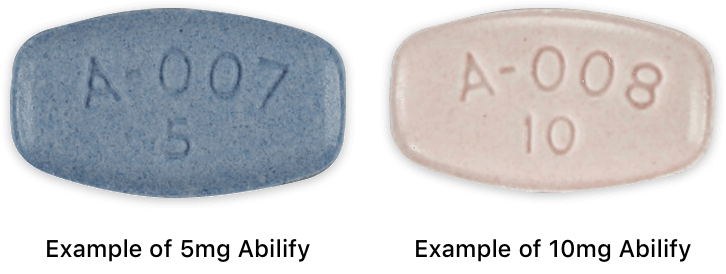

These impulse control problems have also been documented in medical literature.Ī 2010 case study in the International Journal of Neuropsychopharmacology described a 57-year-old man who started taking aripiprazole in 2007 to treat bipolar disorder. While five of those deaths were attributed to suicide, only one case provided sufficient information to show the drug directly caused the suicide, according to the FDA.Īny patient who takes a drug like Abilify to treat depression should be monitored for signs of worsening depression and suicide. In clinical studies, elderly patients with dementia who took the medication had an increased risk of strokes and transient ischemic attacks, also known as TIA or ministrokes.Ī black box warning also cautions that the drug may increase the risk of suicidal thoughts and behavior in children, adolescents and young adults.īetween 20, the FDA received reports of 14 deaths among children who had been taking Abilify. The drug’s label warns that the medication is not approved to treat elderly patients with dementia-related psychosis, and such patients who take the drug face an increased risk of death. Tardive dyskinesia may go away when a person stops taking the drug, but it is sometimes irreversible.Ībilify carries two black box warnings, which are the most serious warnings attached to drugs and medical devices. Symptoms of tardive dyskinesia often include tongue rolling, lip smacking, eye blinking and other facial tics. Tardive dyskinesia causes uncontrollable jerky movements. The drug can also cause more serious effects, including suicidal thoughts, compulsive behaviors and involuntary movement disorders, such as akathisia and tardive dyskinesia.Īkathisia causes feelings of restlessness and an urge to constantly move. Like any antipsychotic, Abilify may increase the risk of falls, which can lead to broken bones and other injuries. Certain patients, especially children, may develop an increased appetite, which can lead to weight gain.

Some people who take the drug have difficulty sleeping. Some of the more common reactions to the drug include dizziness, lightheadedness, blurred vision, weight gain, constipation and drooling. Like any medication, Abilify can cause a host of unwanted side effects. In February 2019, Bristol Myers Squibb Company and Otsuka America Pharmaceutical Inc., the companies that make and sell the drug, agreed to settle thousands of Abilify lawsuits that blame the medication for causing users’ compulsive behaviors. Others have developed impulse control problems, such as binge eating and compulsive gambling. Some patients taking the drug have experienced movement disorders and distressing feelings of restlessness.

It didn’t have the same sedating effects as other antipsychotic drugs, and some people even found the drug was energizing.īut enthusiasm for the drug dampened as reports of troubling side effects emerged. In its early days, it was hailed as a breakthrough drug, and sales of the medication quickly skyrocketed. Food and Drug Administration first approved the antipsychotic medication in 2002. Doctors also prescribe the drug to treat autism-related irritability and Tourette syndrome in children and adolescents. Abilify is used to treat a wide variety of mental disorders, including schizophrenia, bipolar disorder and clinical depression.


 0 kommentar(er)
0 kommentar(er)
